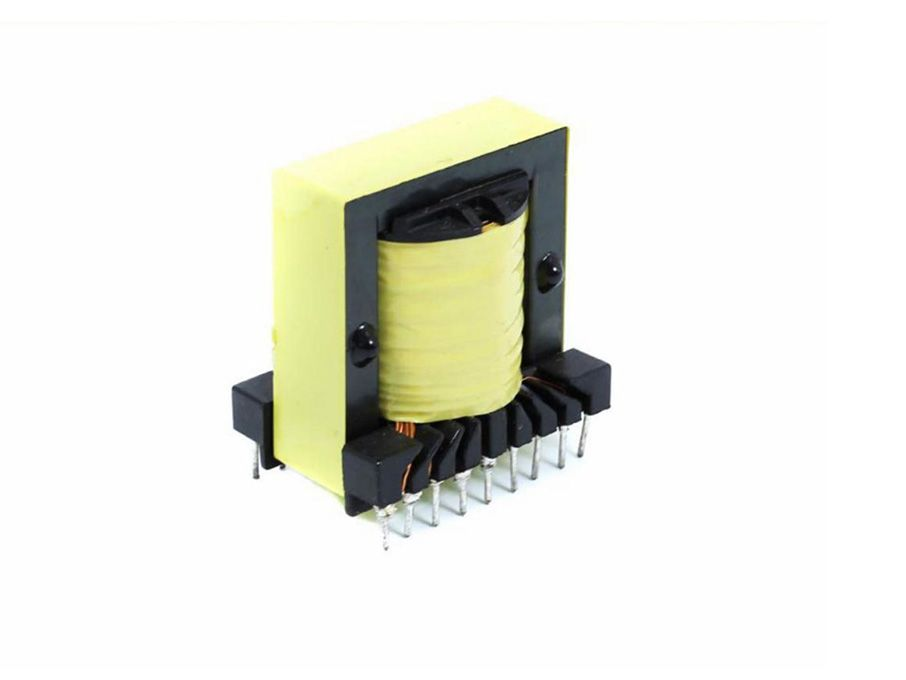What Are the Advantages of Using an SMPS Transformer?
Switched-Mode Power Supply (SMPS) transformers have become widely popular in various electronic applications due to their numerous advantages over traditional linear transformers. SMPS transformers are an integral part of modern power supply designs and play a crucial role in converting and regulating electrical energy. In this article, we will explore the advantages of using SMPS transformers and why they are preferred in many industries.
High Efficiency: One of the key advantages of SMPS transformers is their high efficiency. Unlike linear transformers, which operate in a continuous mode, SMPS transformers work in a switching mode. This switching action allows them to achieve much higher efficiency levels, resulting in reduced power losses and improved energy utilization.
Compact Size: SMPS transformers are typically much smaller and lighter compared to their linear counterparts. Their compact size is due to the high-frequency switching operation, which allows for the use of smaller core materials and reduces the number of windings required. This compactness is especially beneficial in applications with space constraints or portable devices where size and weight are critical factors.
Wide Input Voltage Range: SMPS transformers can efficiently operate over a wide range of input voltages. This flexibility makes them suitable for applications where the input voltage may vary, such as in automotive electronics or devices powered by batteries. SMPS transformers can accommodate different input voltage levels while maintaining stable output voltage regulation.
Better Voltage Regulation: SMPS transformers provide excellent voltage regulation, ensuring a stable and consistent output voltage even under varying load conditions. The switching control circuitry in SMPS designs allows for precise regulation, resulting in minimal voltage fluctuations and improved performance of connected devices.
Higher Power Density: The combination of high efficiency and compact size enables SMPS transformers to achieve higher power densities. This means that more power can be delivered in a smaller physical footprint, making them ideal for applications with limited space availability.
Reduced Heat Dissipation: Due to their higher efficiency, SMPS transformers generate less heat compared to linear transformers. This reduction in heat dissipation minimizes the need for elaborate cooling systems, thereby simplifying thermal management and contributing to overall system reliability.
Enhanced Electrical Isolation: SMPS transformers provide effective electrical isolation between the input and output sides of the power supply. This isolation helps ensure safety and protects sensitive components and users from potentially hazardous voltages or ground loops.
EMI Suppression: SMPS transformers inherently provide better electromagnetic interference (EMI) suppression. The high-frequency switching operation and appropriate design techniques help minimize the generation and propagation of unwanted electromagnetic noise, which is crucial for meeting regulatory standards and maintaining system performance.
Wide Range of Applications: SMPS transformers find applications in diverse industries, including consumer electronics, telecommunications, industrial automation, renewable energy systems, and more. Their versatility and advantages make them suitable for a broad range of power conversion and voltage regulation requirements.
Cost-Effectiveness: While the initial cost of SMPS transformers may be higher than linear transformers, their long-term cost-effectiveness is often superior. The energy savings, smaller size, reduced cooling requirements, and improved overall system efficiency contribute to significant operational cost reductions over the lifespan of the equipment.
In conclusion, SMPS transformers offer several advantages over traditional linear transformers, including high efficiency, compact size, wide input voltage range, better voltage regulation, higher power density, reduced heat dissipation, enhanced electrical isolation, EMI suppression, versatility, and cost-effectiveness. These advantages make SMPS transformers a preferred choice in modern power supply designs, enabling efficient and reliable operation across various applications.




